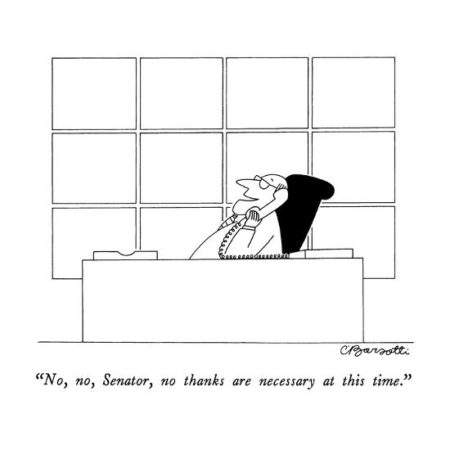
We’ll Connect Later


“We like to describe self-controlled people as ‘unemotional,’ but what we really mean is that their emotions are not half-civilized yard apes on a sugar rush.”
Gashmu Saith It, p. 41
“In a biblical framework, you and all your feelings are like a first-grade teacher taking her whole class to some busy downtown museum, and because she loves them, every last one of them is on a neon-colored leash.”
Gashmu Saith It, p. 40
In a recent one of my Plodcasts (discussing the possible overturning of Roe), I said that after the Supremes voted on Obergefell, a lot of pressure was applied to Kennedy, which caused him to subsequently flip. This was a howler on my part. That is what happened in Planned Parenthood v. Casey. I made that …
Dear Dawson, By this point you have probably noticed that I have been engaging in what is now called “gender stereotyping.” Perhaps you were brought up by such polite parents that you were able ...
“Hard teaching creates tender hearts. Tender teaching creates hard hearts. The jackhammer of the Word breaks up our hard hearts. The feather duster of the Word leaves our hard hearts just where they were.”
Gashmu Saith It, p. 38
Letter to the Editor: I really enjoyed this article. I just had a question nagging me throughout it. What are the ethics of holding a protest when it negatively effects businesses ...
“Love and justice are defined from outside the world.”
Gashmu Saith It, p. 36
Half Canadian: I need to begin by mentioning that my mother was Canadian. She was a missionary in Japan after the Second World War, and there she met my dad, an American naval officer, in the course of his involvement in the Korean War. How they got together is quite the story, but let us …
“Pastors and elders are not allowed to look at their flocks on a distant hillside, as painted by an impressionist at a low point in his game, and while also working with dirty brushes.”
Gashmu Saith It, p. 28